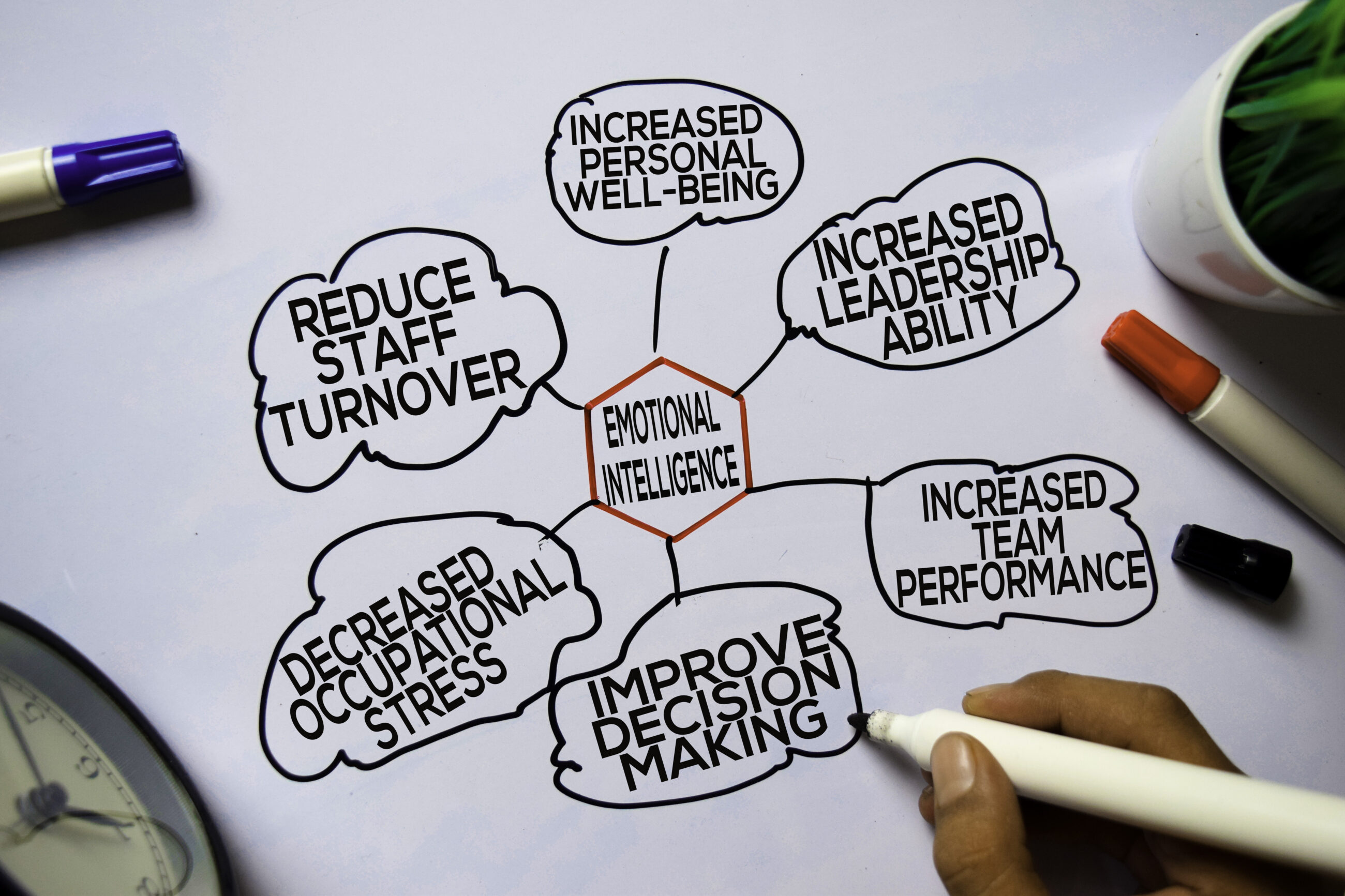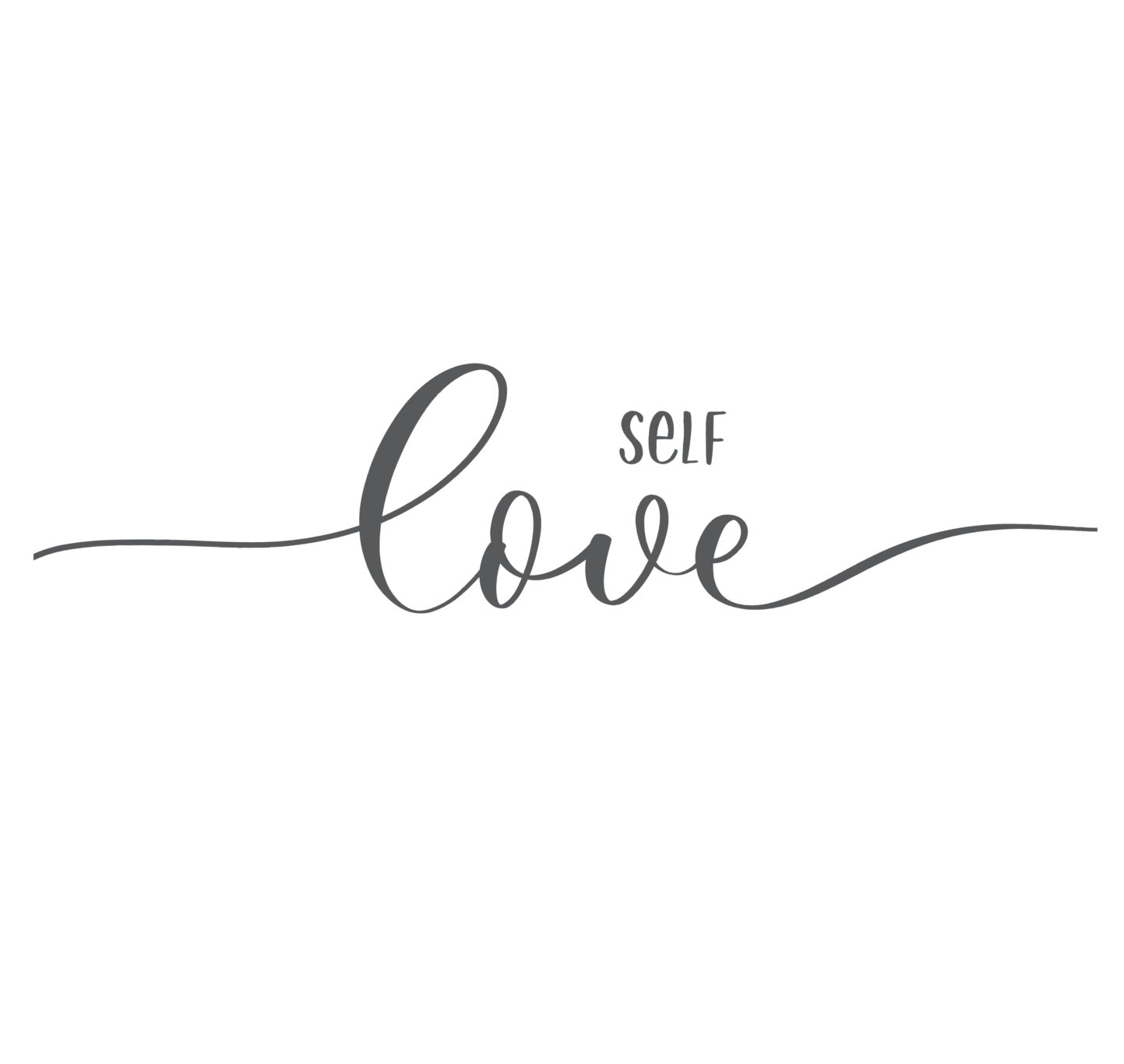Growing up, many of us were taught that emotions were messy, inconvenient, or even shameful. In my home, anger was the one emotion you never showed. Joy was fine. Obedience was celebrated. But anger? It was seen as dangerous, disrespectful—even wrong.
So I learned early to silence it. To swallow it down. To perform as the “good girl” even when something inside me burned.
But here’s the truth I now know: emotions are not weaknesses—they’re data. And when we develop emotional intelligence (EQ), that data becomes wisdom.
Emotions as Data and Nourishment
According to neuroscience, emotions are not barriers to rational thinking; they are essential to it. They guide our attention, shape our memory, and help us decide what truly matters.
Emotions are one of our greatest—yet most overlooked—sources of nourishment, power, and purpose. They move us:
- Fear protects us, moving us toward safety.
- Hurt leads us toward healing.
- Anger alerts us to boundaries crossed.
- Sadness helps us mourn and release.
- Joy motivates and sustains us.
When we view emotions as signals rather than problems, they become allies in our leadership and life.
My Ongoing Lesson With Anger
For me, anger is still a teacher I’m learning from. For years, I believed anger was unsafe—that if I showed it, I would be punished or rejected.
As a leader and a coach, I can see now how that belief limited me. When I suppressed anger, it didn’t disappear—it resurfaced as resentment, exhaustion, or even physical tension.
Today, when I feel anger rise in my chest, I pause and ask: What boundary has been crossed? What yearning is this emotion pointing me toward? Sometimes the wisdom is to speak up. Sometimes it’s to step away. Always, it’s an invitation to listen to myself.
Anger isn’t weakness. It’s data—telling me I matter.
A Tangible Practice for You
Emotional Labeling & Reframing
- Pause and name the feeling: “I feel angry.” “I feel hurt.” “I feel joyful.”
- Ask: What is this emotion trying to teach me?
- Respond with clarity, not suppression.
This simple shift transforms emotions from something to “manage” into something that guides you toward your deepest yearnings: to be seen, valued, connected, and purposeful.
From Data to Wisdom
Your emotions aren’t liabilities. They are your inner compass—bridges between your body, mind, and purpose. With emotional intelligence, you can turn emotional data into leadership wisdom.
And remember: wisdom doesn’t come from denying feelings but from honoring them.
I’m still learning this with anger. What about you? What emotion have you been taught to silence—and what wisdom might it hold for you?
If you’re ready to explore that journey, coaching can help you reconnect with the power and purpose of your emotions. Together, we can transform emotional data into the wisdom that leads you forward. Book a time here.

